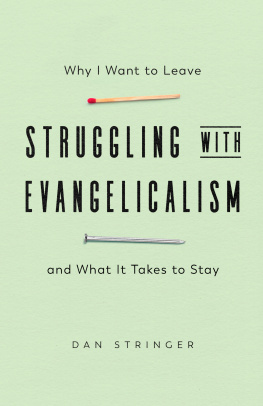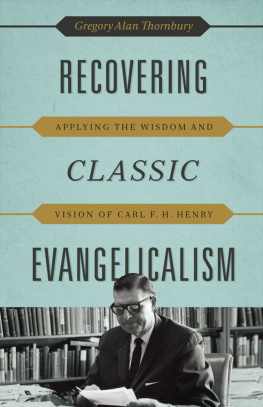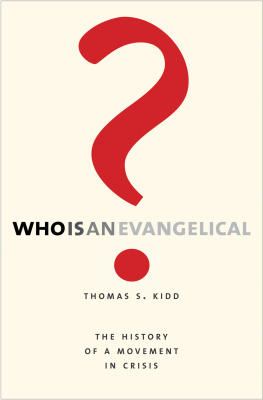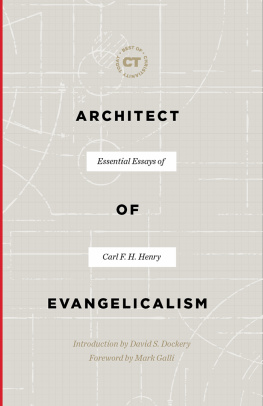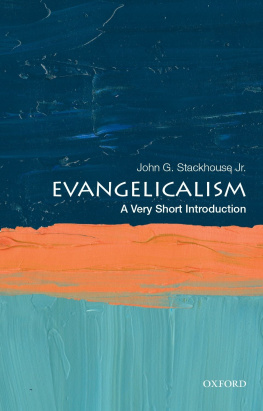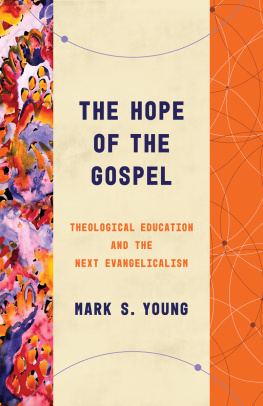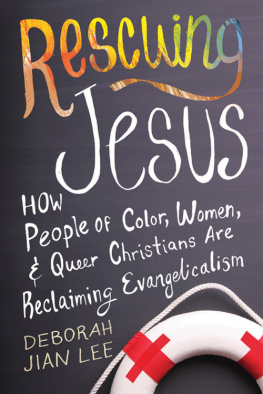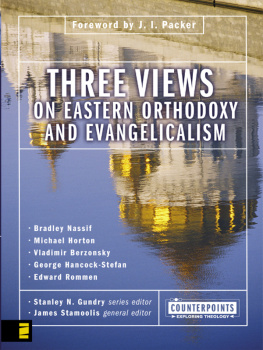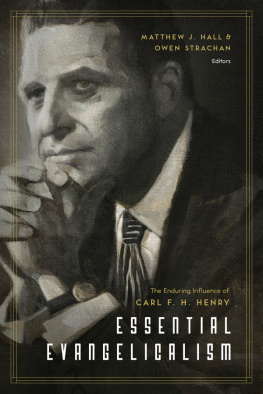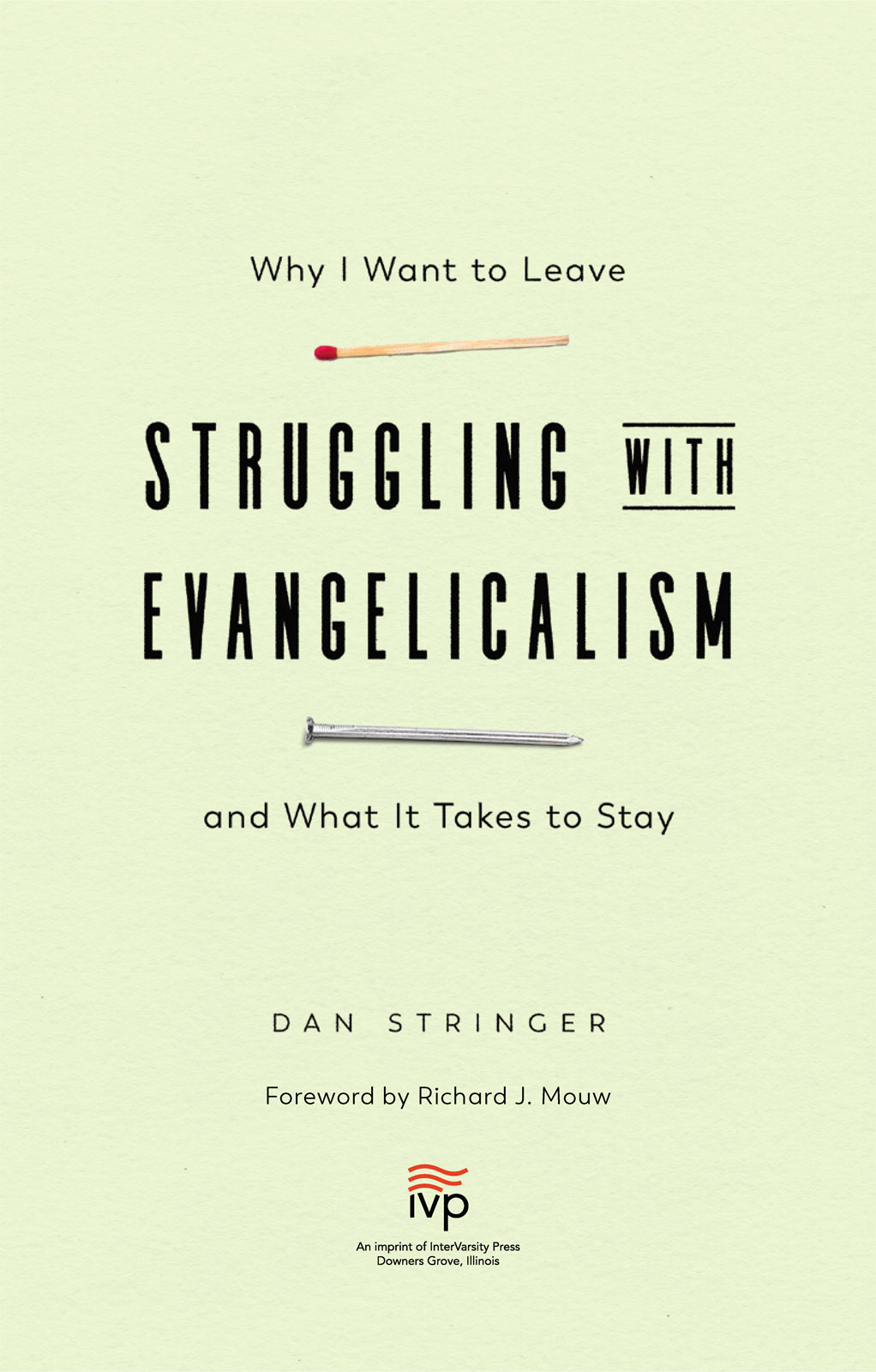Sommaire
Pagination de l'dition papier
Guide
InterVarsity Press
P.O. Box 1400, Downers Grove, IL 60515-1426
ivpress.com
2021 by Daniel Stringer
All rights reserved. No part of this book may be reproduced in any form without written
permission from InterVarsity Press.
InterVarsity Pressis the book-publishing division of InterVarsity Christian Fellowship/USA, a movement of students and faculty active on campus at hundreds of universities, colleges, and schools of nursing in the United States of America, and a member movement of the International Fellowship of Evangelical Students. For information about local
and regional activities, visit intervarsity.org.
All Scripture quotations, unless otherwise indicated, are taken from The Holy Bible, New International Version, NIV. Copyright 1973, 1978, 1984, 2011 by Biblica, Inc. Used by permission of Zondervan. All rights reserved worldwide. www.zondervan.com. The NIV and New International Version are trademarks registered in the United States Patent and Trademark Office by Biblica, Inc.
While any stories in this book are true, some names and identifying information may have
been changed to protect the privacy of individuals.
The publisher cannot verify the accuracy or functionality of website URLs used in this book beyond the date of publication.
Cover design and image composite: Faceout Studio
Images: match AlenKadr / Shutterstock Images
nail Lipskiy / Shutterstock Images
ISBN 978-0-8308-4767-9 (digital)
ISBN 978-0-8308-4766-2 (print)
This digital document has been produced by Nord Compo.

For my mother,
Linda Sook Yee Wong Stringer,
who introduced me to Jesus and
puts her faith into action
every day.

FOREWORD
Richard Mouw
I T WAS GOOD FOR ME TO READ THIS BOOK. For one thing, Dan Stringer is an engaging writer. He has read widely; he thinks deeplyand he tells a good story.
But this book helped me understand some things that I have worried about in my own insistence that we not abandon the evangelical label. Evangelicalism has been good to me. It has paid my salary for the past half-century. More importantly it has given me a network of friends and organizations that I have been able to call home in my lifetime. I have had my quarrels, to be sure, but they have occurred for me within a spiritual and theological kinship system.
I realize, though, that a younger generation can easily interpret the defenses of the movement by folks like me as serving personal vested interests. Dan Stringer understands well the generational gap that is signaled in that dissent. He hearsand feels personallythe complaints of those who are distressed that evangelical has come to mean in many minds right-wing extremism. He has personally felt the impatience with ongoing debates about whether there really is a viable evangelical mind. And he is deeply offended by much-publicized reports of sexual scandals, gender abuse, and financial shenanigans. He has affinities with young professionals, campus ministry leaders, and women struggling with Gods call in their lives, with whether to stick with it as evangelicals.
In the end, he personally decides in favor of staying in a movement that is, he says, broken yet beautiful. He understands why others may choose differently, but for Dan, the remaining beauty makes it worth significant efforts to repair it: theologically, spiritually, and culturally. In accounting for what still attracts him to evangelicalism, he draws on his rich personal experience with global evangelicalismthe son of missionary parents, he lived in Asia and Africa for nine years of his youth.
Dan Stringer was once my student, but now he has become my teacher. I learned a lot from this book about both the brokenness and the beauty of the movement that I love. He also offers many wise, practical lessons about how to go about the necessary repair work. May it happen!
Introduction
WHEN EVANGELICALISM
IS YOUR MOTHER
W HEN I WAS A YOUNG CHILD, my parents read me a book called Are You My Mother? The story opens with a baby bird hatching from an egg while his mother is out finding food. Not knowing what his mother looks like, the hatchling waddles right past her. In successive encounters with a kitten, a dog, and a cow, the little bird asks, Are you my mother? To his dismay, they all reply no. Increasingly discouraged, the little bird begins to wonder if he even has a mother.
With escalating desperation, he calls out to a boat, an airplane, and an enormous power shovel, declaring, Here I am, Mother, but not one answers. Finally, the power shovel drops him back into the nest, just as his mother returns and asks, Do you know who I am? The baby bird replies, Yes, I know who you are. You are not a kitten. You are not a dog. You are not a cow. You are a bird, and you are my mother.
This heartwarming story centers on the search for a parent, but its also a quest for identity. Until the baby bird knows who his mother is, he does not know who he is. Had he realized he was a bird, he would not have asked the other animals if they were his mother. Without an accurate self-understanding, he looks for belonging among boats, airplanes, and power shovels. The hatchling is not just looking for his mother; he is looking for his identity.
Like baby birds waddling from the nest, evangelical Christians sometimes dont know which species of Christian they are. They might identify broadly as Christians but dont see themselves belonging to the evangelical category. Lacking awareness of who laid the egg from which they hatched, they dont realize that evangelicalism is their mother. Like the bird who hatched while his mama was away, they walk right past their evangelical parents and siblings without recognizing them as family. When they hear the word evangelical used to describe something narrow-minded and negative, they think to themselves, Thats not me!
Part of what makes Are You My Mother? a compelling childrens story is the comparisons between incongruent things. Dogs and cats are not birds. Boats and planes are not animals. As young children learn to distinguish between different kinds of objects, they are technically learning what is called taxonomic differentiation. Tables and chairs are both furniture but different kinds. Bananas and mangoes are both fruits, but taxonomic differentiation helps kids understand that mangoes arent the only kind of fruit.
Evangelicalism could use more taxonomic differentiation these days. It is not the only place on Christianitys big map, yet those of us who consider ourselves evangelical may not realize that our way of following Jesus is just one form of Christianity rather than the whole thing. While its common for evangelicals in the United States to identify themselves simply as Christians, this has downsides. First, it confuses a larger category (Christian) with a smaller category (evangelical Protestant). Catholics, Protestants, and Eastern Orthodox believers are all Christians but practice their faith differently. The majority of Christians in the world are not Protestants, much less evangelical Protestants (see figure 0.1).

